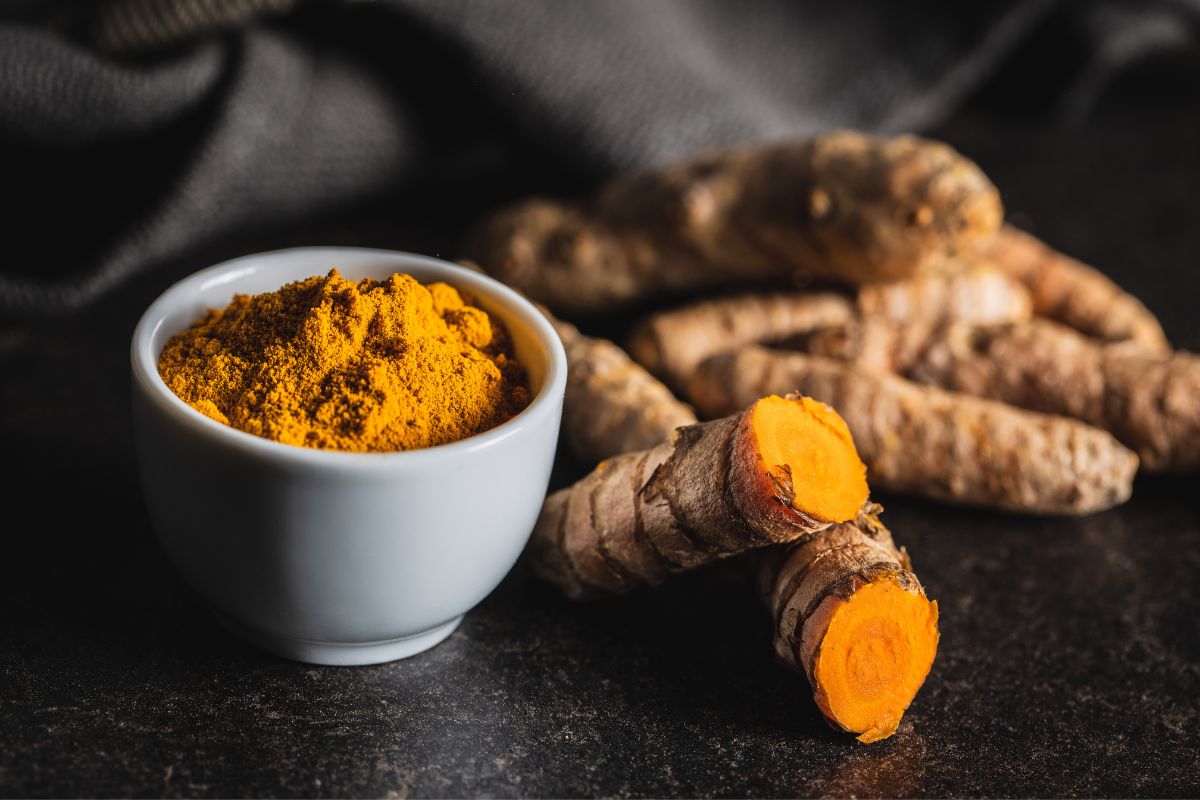There is no shortage of so-called “natural remedies” on the market for people with chronic pain.
With more than 100 variations of arthritis, finding something to help ease the pain has become somewhat of a challenge.

The constant swelling of the joints, stiffness, and pain may make life seem unbearable.
And with the increase of medicinal pain relief prescriptions, it may take you to your wit’s end!
Many vitamins that are being marketed as remedies often lack clinical data.
There’s no proof that they actually work! Below you’ll find the right vitamins that are a vital element for the treatment of inflammatory arthritis.
Science-Backed Vitamins
We’ve done our researched and put together the 4 vitamins, with science-backed research, that you should be taking to help ease that joint pain.
Folic Acid

Folic acid, the synthetic form of folate, a type of B vitamin involved in vital tasks like cell division and the formation of new red blood cells, is not required for everyone with rheumatoid arthritis.
If your rheumatologist recommends methotrexate to treat your arthritis, they’ll almost certainly advise you to take folic acid supplements to avoid a folate deficiency.
People taking methotrexate to treat arthritis are prone to side effects such as hair loss and mouth ulcers to more significant problems, such as low blood cell counts and high liver enzymes.
However, those taking folic acid alongside the methotrexate are less likely to experience these side effects and generally remain on the treatment for longer.
Calcium

Doctors and nutritionists recommend getting calcium from food rather than supplements in most cases, although there are exceptions.
People with inflammatory arthritis who are taking glucocorticoids (steroid drugs used to prevent flare-ups) may need to take a calcium supplement in addition to other medication.
These medicines cause glucocorticoid-induced osteoporosis by suppressing bone development and promoting resorption.
Fortunately, a study published in the Cochrane Database of Systematic Reviews found that consuming calcium and vitamin D together helped persons taking corticosteroids avoid bone loss.
Based on your health history, food, and medication regimen, ask your doctor if calcium supplements would be good fit for you and your body.
Vitamin D

A study in the Therapeutic Advances in Endocrinology and Metabolism discovered that whilst Americans are more likely to have a vitamin D deficiency, this has been shown to be more prevalent in those with rheumatoid arthritis.
While there are no robust, well-executed studies that prove that vitamin D supplements help someone with rheumatoid arthritis protect their bones, rheumatologists do occasionally recommend it.
This is because those who have inflammatory arthritis are already at a higher risk of developing osteoporosis.
Inactivity, as well as the disease itself, appears to cause bone loss. And, as previously mentioned, glucocorticoids can lead to bone loss.
Still unsure if you should add vitamin D to your diet, ask your doctor.
As each case of arthritis is unique, the impact can differ from person to person.
Your doctor will also recommend the correct dosage based on factors such as your age and sex.
Fish Oil

Vitamins A and D are found in abundance in fish liver oil.
Vitamin A is an anti-oxidant that protects the body from free radicals (meaning it can prevent cell damage in your body by interacting with harmful molecules called free radicals which are produced within the cells).
Vitamin D aids in the formation of proteoglycan in cartilage and the maintenance of a healthy musculoskeletal system.
In English, Vitamin A protects your blood cells whilst Vitamin D, like discussed above, protects your bones from depleting.
Fish oil also contains omega-3 fatty acids which help lower cholesterol. This can decrease the risk of heart disease and stroke with those siffering from inflammatory arthritis.
Before adding fish oil to your supplement intake, speak with your doctor. As mentioned with Vitamin D there is a correct dosage of fish oil to be taken as overdasing can cause stomach issues, liver problems and hair loss. This vitamin is also to be avoided when pregnant.
Glucosamine And Chondroitin Sulfate

Naturally found in human cartilage, glucosamine and chondroitin sulfate have been suggested to provide small amounts of pain relief within arthritic joints.
These supplements aid in re-strengthening the strained cartilage in arthritic joints.
It is important to note that there has been limited research conducted on the effects of glucosamine and the strength of its pain relief or ability to re-strengthen the cartilage.
However, it has been documented that the supplements can interact with blood-thinning drugs such as Coumadin.
Glucosamine may also impact the way your body deals with sugar, an important factor if you have been diagnosed with diabetes or other blood sugar issues.
Curcumin (Turmeric Root)

The turmeric root has been shown to have anti-inflammatory effects on joints.
As the active ingredient in turmeric, curcumin, takes up just around 3% of plant, you may need to consume a lot of turmeric to reap the rewards.
So, instead of consuming pounds of turmeric, many use supplements with a concentrated dosage of curcumin.
The active ingredients is commonly used to relieve pain in osteoarthritis, or arthritis of the knee.
In the event that you lack iron, curcumin may not be the solution for you.
This supplement can limit the body’s ability to absorb iron.
When consumed by a person with an iron deficiency this can lead to further health issues when consumed incorrectly.
Consult your doctor for accurate intake measurements.
Things To Consider
Before adding any vitamin or supplement to your diet it is vital to speak to a medical professional.
This will prevent any uncertainty and allow any questions you may have to be answered accurately.
Overdosing on vitamins and supplements is more common than you would believe.
However, overdosing regularly for an extended period of time can lead to serve consequences. Be sure to take the recommended dose for your body to remain safe.
Each vitamin or supplement may react differently with each persons body as there are many factors to consider.
It is highly recommended to speak to a medical professional in order to begin taking the correct vitamins for your own personal health benefits.
- Understanding Male Reproductive Health: A Complete Guide - February 2, 2025
- Simple Healthy Skin Habits for Radiant Skin - December 6, 2024
- Unlocking the Connection Between Nutrition and Mental Health - December 3, 2024








